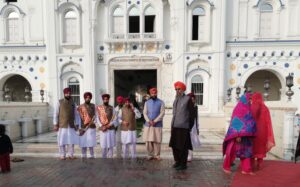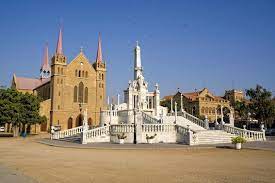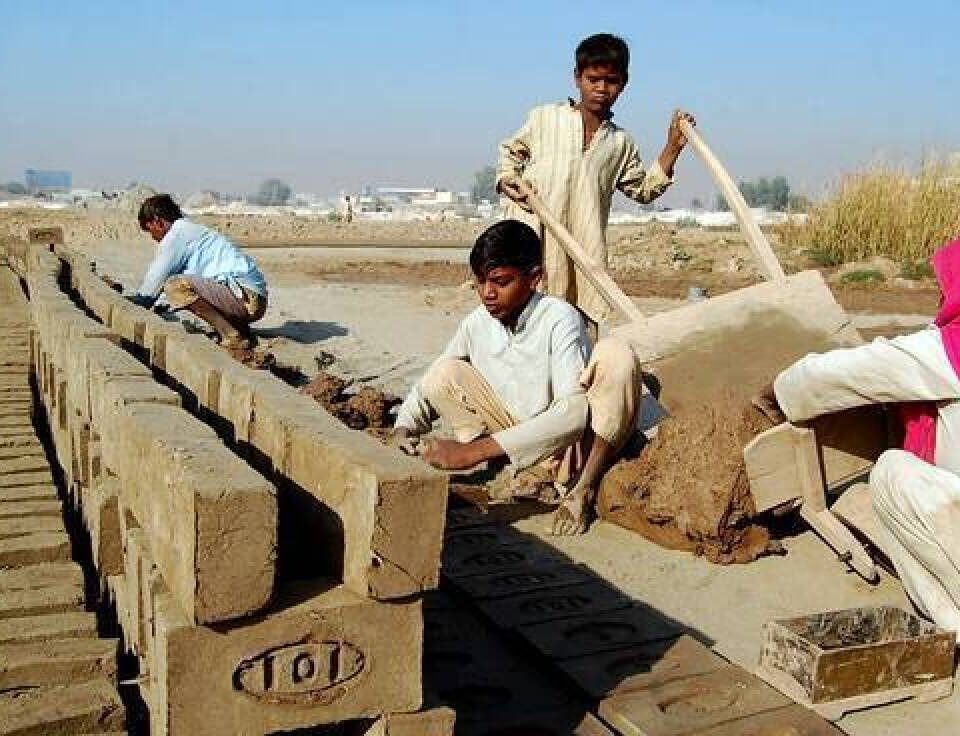Minorities Must be Empowered to Preserve Their Rights

A Genius Furniture Carving Artisan
August 2, 2023
The Heartwarming Mission of Pakistani Sikh Community
August 16, 2023Minorities Must be Empowered to Preserve Their Rights

(Kashif Nawab)
In civilized societies and cultures, minorities’ rights are protected. In stable democracies, the constitution guarantees the protection of citizens’ rights. Minorities Day is observed on August 11 to protect their rights.
A resounding call for comprehensive policy reforms to protect the rights of minorities echoed through a consultation meeting convened on National Minorities Day. Under the auspices of the Voice for Justice, a dedicated human rights organization championing religious freedom, participants underscored the imperative for fortified laws, policies, and actions to shield minorities against human rights violations. The urgent need to curtail forced faith conversions and thwart the misuse of blasphemy laws took center stage during the deliberations.
Joseph Jansen, Chairperson of Voice for Justice, shed light on the alarming trend of religious misinterpretation and the cynical misuse of blasphemy laws for political agendas. He deplored the apathy exhibited by the state and the prevailing societal unawareness of the repercussions of such a lopsided governance framework. He expressed concern over a recent amendment increasing punishment under section 298-A, foreseeing its potential for further abuse and enabling baseless blasphemy accusations to settle personal vendettas.
Drawing attention to the dire implications, Jansen highlighted that existing blasphemy laws often provide a platform for certain religio-political groups to incite violence against the accused based solely on allegations of blasphemy. He raised a red flag over the incorporation of charges under section 7 of the Anti-Terrorism Act in addition to Section 295-C of the Pakistan Penal Code, orchestrated by religio-political parties, deeming it a perilous move that exacerbates the vulnerability of blasphemy accused individuals and fuels a dangerous wave of mob justice.
Nadia Stephen, Rights Activist, stressed the inviolability of the right to religious freedom and condemned the coerced conversion of individuals against their will. She demanded sweeping legislative action from political parties, urging them to enact comprehensive laws criminalizing forced faith conversions. This, she maintained, was a pivotal step toward ensuring justice for heinous crimes involving child marriage, forced conversion, and sexual violence inflicted upon minority girls.
Pamilla Bhatti, Women’s Rights Advocate, drew attention to the heart-wrenching plight of Hindu and Christian minor girls who fall victim to abduction, rape, forced conversion to Islam, and subsequent marriage to their abductors. Expressing profound disappointment in the government’s inaction, she called for the immediate enactment of legislation criminalizing these grave offenses. She underscored that such negligence not only perpetuates the suffering of these vulnerable girls but also erodes the bedrock principles of justice and human rights. Bhatti urgently implored for decisive action to safeguard the rights and dignity of these innocent lives.
Ashiknaz Khokhar, Human Rights Defender, emphasized the unsettling consequences of stern blasphemy laws targeting religious and sectarian minorities. He advocated for robust measures against vigilante violence and emphasized the United Nations’ call for the repeal or amendment of such laws. Khokhar highlighted Pakistan’s pressing responsibility to engage in a substantive discourse on this issue, considering the nation’s status as one of the most affected by these laws.
Ilyas Samuel, echoing the sentiment of several participants, underscored that Pakistan’s religious identity fosters a challenging environment for tolerance and inclusivity. He lamented how religio-political groups exploit this identity to manipulate public policies, thus fueling religion-based discrimination, intolerance, and violence. Samuel called for a recalibration of laws to eliminate discrimination and uphold the fundamental principles of democracy and equal citizenship.
Aneel Edger, drawing from Quaid-e-Azam Muhammad Ali Jinnah’s vision, emphasized the duty of the state to protect minority rights and promote religious freedom, tolerance, and non-discrimination. He urged the government to take concerted actions to address the disparities, exclusions, and inequalities that expose minorities to persecution, insecurity, and violence.






